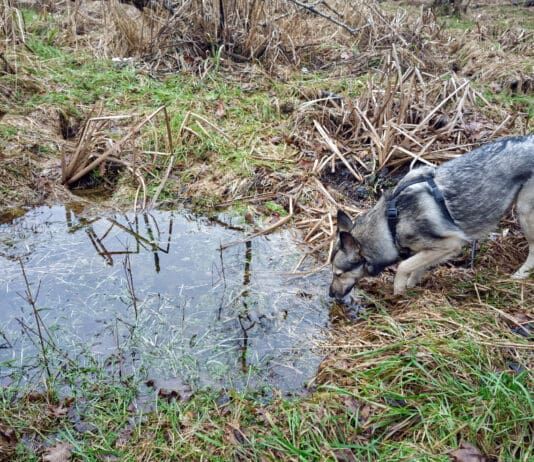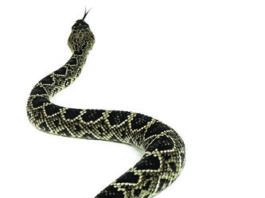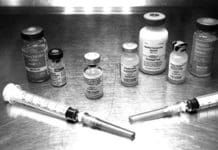Understanding Canine Vaccinations
Most dog owners are responsible and understand the importance of protecting their companions from preventable disease. That’s surely what motivated the dozens of people I observed standing in a long line with their dogs and puppies at a low-cost vaccination clinic offered in a local pet supply store.
Take the Titer Test before Administering Vaccinations
Now more than ever, vaccine titer tests are readily available, not terribly expensive, and offer multiple advantages over the practices (intentional or not) of over-vaccination and under-vaccination. Few issues in veterinary medicine are as controversial as the debate about administering annual vaccinations to our dogs. Long considered part of the standard of baseline, responsible veterinary healthcare, and credited with conquering some of the fiercest canine viral and other infectious diseases, vaccinations now are also suspected of creating vulnerability to illnesses and chronic conditions such as anemia, arthritis, seizures, allergies, gastrointestinal and thyroid disorders, and cancer.
Veterinary Exploration of Canine Vaccination
Here’s an indisputable fact: Vaccines have saved millions of lives. The vaccine discoveries of medical pioneers such as Edward Jenner and Louis Pasteur introduced a new era of health care for humans. Smallpox, once the most feared disease in the world, is thought to be eradicated. Ask any senior citizen to name the great medical advances of this century, and he or she will invariably list the polio vaccine.
Reduced Vaccination Schedule
An annual booster using distemper, hepatitis, parainfluenza, killed or modified-live virus parvovirus is given at one year of age. Thereafter, boosters are given every three years until old age. Beyond 10 years of age, booster vaccinations are generally not needed, and may be unwise if aging or other diseases are present. For animals at high exposure risk to parvovirus disease, an additional parvovirus vaccination can be given at the six-month point, if killed parvovirus is used. This extra booster is typically not needed if MLV parvovirus is used.
Puppy Shots – Understand Vaccinations
Modern-day dog owners enjoy the comforting certainty that their puppies can and will be given a series of vaccinations, so-called “puppy shots,” to protect them from life-threatening canine diseases such as distemper, parvovirus, and rabies. Most of us were indoctrinated in early childhood to schlep Shep to the vet once a year for his annual booster shots in order to extend that vital protection year after year. We accepted without question that a failure to do so was the height of dog owner irresponsibility.
Holistic Veterinarians Take on The Annual Vaccination Schedule
Holistic veterinarians have long decried the annual vaccination schedule recommended by many conventionally trained veterinarians for all dogs. Many holistic veterinarians suspect that many of the complex ailments that plague our modern dogs – from allergies to digestive problems to aggressive behavior and so on – have their roots in immune system problems brought on by excessive and unnecessary vaccination. However, many of us are convinced by our veterinarians that our dogs won’t be safe unless they receive these boosters every year. Fortunately, a recent study indicates that most dogs retain humoral antibody protection from past vaccinations for longer than previously thought.
Defining Over-Vaccination
Let’s be clear: In most cases, vaccines are miraculous, life-saving agents. The diseases they (usually) prevent in our dogs range from always fatal (such as rabies) to serious and sometimes fatal (such as distemper, parvovirus, leptospirosis) to the rarely fatal (such as bordetella and coronavirus). And even diseases that are not fatal can cause all sorts of grief for both the dog in question and his owner (and the owner’s pocketbook). Dog lovers the world over are eternally grateful for the gifts that modern vaccines have conferred upon our canine companions.










